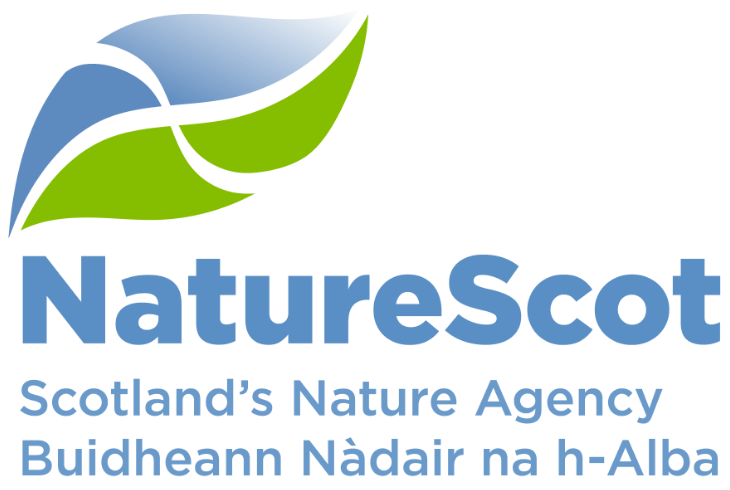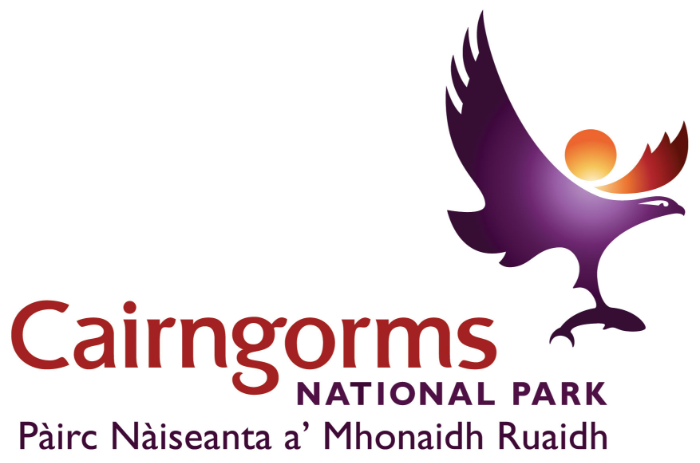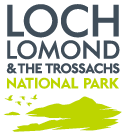Forest School pedagogy research in Ireland
The Forest School Association have shared a research article abstract written by Joan Whelan & Orla Kelly (2023): Experiential, relational, playful pedagogy in Irish primary schools – possibilities offered by Forest School. This shares findings from the first national survey of Forest School pedagogy in Ireland, conducted in 2019–2020 as [...]
Slow Pedagogy: How to be ‘slow’ outdoors
Alison Clark explores ‘slow pedagogy’ in this Nursery World article (24 October 2024). What does this looks like for children and practitioners when taken outdoors?
Building Pedagogies for Early Childhood Education in a Time of Environmental Uncertainty
This research paper (Jørgensen-Vittersø, Blenkinsop, Heggen, & Neegaard) is published in the 135th Canadian Journal of Environmental Education Vol. 25 (2022): Wild Pedagogies . The article explores two pedagogies, one influenced by friluftsliv and the other wild pedagogies. The theoretical section focuses on three key components: childhood, knowledge, and nature. These [...]















